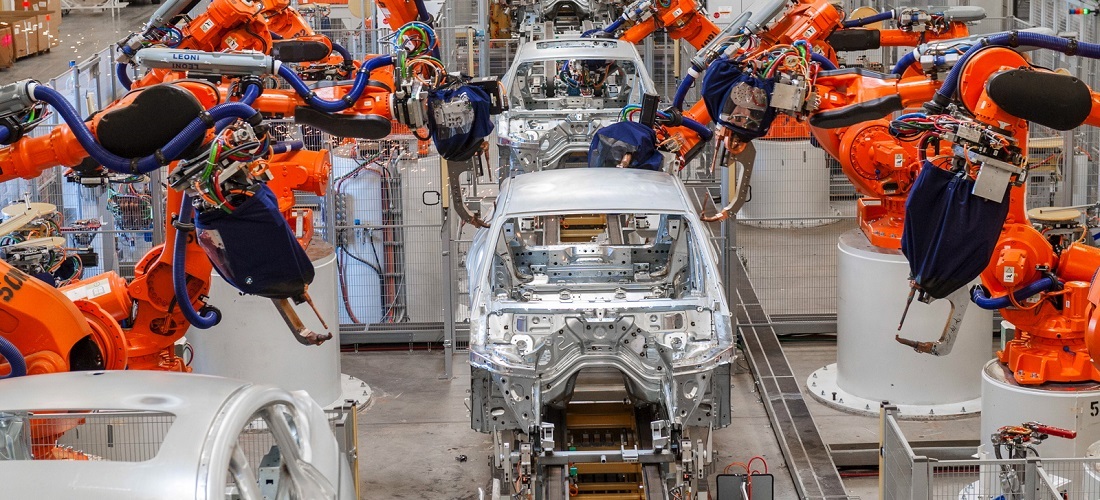
Brazil and Paraguay sign agreement on automotive sector
Feb, 12, 2020 Posted by Sylvia SchandertWeek 202008
An Automotive Agreement between Brazil and Paraguay was signed this Tuesday (11/2). It aims to provide greater legal stability and predictability to investments and bilateral trade in products in the sector.
On the same occasion, an Economic Complementation Agreement No. 74 (ACE-74) was signed between the two countries, an important milestone for further integration between Brazil and Paraguay, focussing on the economic-commercial agenda, enabling easier trade and customs procedures, within the current Mercosur framework.
Automotive Agreement
The Automotive Agreement will remain in force indefinitely until the automotive sector adapts to the general Mercosur regime. Under the agreement, Brazil will grant immediate free trade to Paraguayan automotive products. Paraguay, for its part, will grant immediate free trade to Brazilian automotive products taxed at tariffs between 0% and 2%. The sector will see full free trade at the end of 2022.
The Agreement establishes Specific Requirements of Origin for each automotive product, in line with conditions recently negotiated in the bilateral agreement with Argentina and in the agreement between Mercosur and the European Union. The Agreement also provides for preferential access conditions, with a reduced Regional Content Index (ICR), for a quota of cars.
Paraguayan auto parts produced under the maquila regime (special free tariff conditions), will have free access to the Brazilian market until December 31, 2023, provided that they comply with the Origin Requirements, with a minimum ICR of 50%. From 2024, access to Brazil will occur via quotas. Specific access conditions were also defined for auto parts with reduced ICR, including those produced under the maquila regime, for a period of seven years, in the case of Paraguay, and four years, in the case of Brazil.
Paraguay has also undertaken to exempt automotive products originating in Brazil from consular fees as of the eighth year of the Agreement.
The Agreement also establishes that each party will continue to apply the national tariffs currently in force for importing automotive products from third-parties, until agreement is reached, within the scope of Mercosur, for the implementation of the Common External Tariff (TEC) for products in the sector.
-
Shipping
Sep, 01, 2021
0
Brazil’s waterways remained uninterrupted in August, but with restrictions
-
Grains
Aug, 05, 2021
0
Fertilizer imports in the 1st half have doubled over the last six years
-
Other Cargo
Apr, 29, 2022
0
Fertilizer imports grew in Brazil despite the war in Ukraine
-
Grains
Feb, 16, 2023
0
Corn exports at Brazil’s Paranagua up 300% in January


